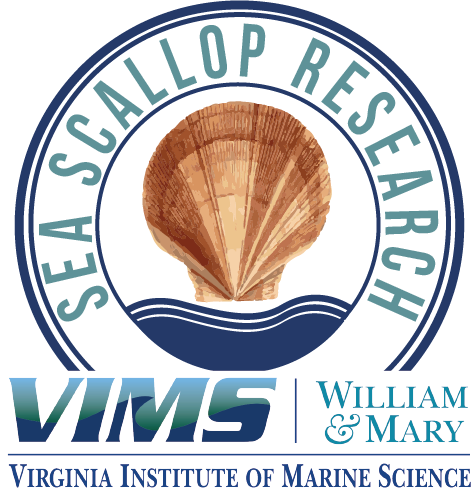Sea Scallop Research Program
Since the inception of the Sea Scallop Research Program at the Virginia Institute of Marine Science (VIMS) in the early 1980s, it has played an integral role in the management and success of the Mid-Atlantic Bight and New England sea scallop (Placopecten magellanicus) fishery. While the core of our efforts center on quantifying the sea scallop resource available for harvest in the commercial fishery each year, our research efforts span a wide array of other subject areas including:
- Reduction of groundfish and sea turtle bycatch in commercial scallop dredges
- Scallop dredge efficiency
- Bycatch discard mortality
- Scallop reproductive biology and health
- Quantifying incidental and discard scallop mortality
Sea scallops constitute one of the most valuable commercial fisheries in the United States and, until the mid-1990s, was severely overfished. Through a combination of research, management and industry involvement, the Northwest Atlantic sea scallop stock has successful recovered. Some activities used to help rebuild the stock include rotational area management, limiting fishing days and allowable harvest, and gear modifications to limit mortality of young scallops.
The goals of our program are to continue to contribute to sustainable management of the sea scallop fishery, while also pursuing innovative research topics to enhance our knowledge about sea scallops and other associated organisms.

